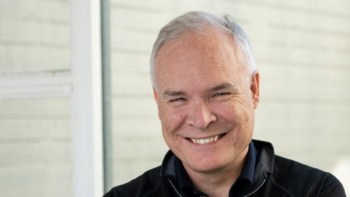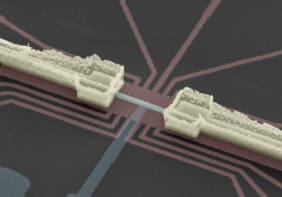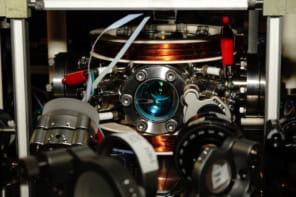
Quantum technology is rapidly growing with job demand tripling in the US along with venture capital bringing in billions of dollars into the field. That is according to the inaugural Massachusetts Institute of Technology (MIT) Quantum Index Report 2025, which finds, however, that large-scale commercial applications for quantum computing still remain “far off”.
Carried out by the Initiative on the Digital Economy (IDE) at MIT, the report is a result of data collection from academia, industry and policy sources. It sets out to track, measure and visualize trends across several areas such as education, funding, research and development.
One aim of the report is to reduce the complexity of quantum technology and to make the field more accessible and inclusive for entrepreneurs, investors, designers, teachers and decision makers. This in turn, the report says, can help to shape how the technology is developed, commercialized and governed.
The inaugural edition focusses on quantum computing and networks, due to their higher potential impact compared to quantum sensing and simulation. The report says that $1.6bn has been raised by quantum-computing firms in 2024 compared with $621m by quantum-software companies.
The report also finds that jobs in the quantum sector have increased with demand tripling in the US since 2018. This has led to a higher number of education initiatives, with Germany having the most Master’s degrees that include “quantum” in the name.
A ‘community-led project’
The report says that corporations and universities dominate innovation efforts, claiming up to 91% of quantum computing patents. When it comes to academic research, the report finds that while China produces the most papers in quantum computing, US research tends to have a greater impact and influence. Preparing the next generation of US physicists for a quantum future
The report also indexes and analyzes published data on over 200 quantum processing units (QPUs) from 17 countries to provide insight into how the performance of different types of quantum computers can be verified. The report finds that despite QPUs making impressive progress in performance, they remain far from meeting the requirements for running large-scale commercial applications such as chemical simulations or cryptanalysis.
Principal investigator Jonathan Ruane from MIT Sloan calls the report a “community-led project” and encourages people to contribute additional data. He says that while a report will be published annually, data on its website will be updated “as often as input is given”.




